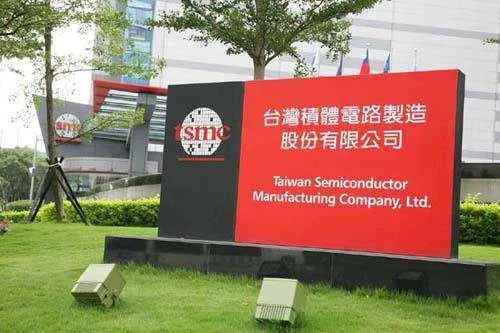
Currently, almost all the top-end smartphones are packed with chips based on a 7nm process node. But we know TSMC’s 5nm chips will come in late 2019 or early 2020. This simply means, in a couple of years, the mobile industry will enter a new era, where everything will be done faster and more productive. But this is not the limit. In August, we learned the Taiwanese semiconductor company invested $19 billion to build a 3nm wafer fab. Today, according to the Taiwanese ‘Economic Daily’ report, TSMC’s 3-nanometer factory passed the environmental assessment. According to the original scheduling, the world's first 3-nanometer plant is expected to start construction in 2020 and complete equipment installation in 2021. Moreover, it’s expected to be put into operation as early as the end of 2022 and early 2023.
In August of this year, the Taiwan Environmental Protection Administration first reviewed the case, setting a record for a major development case to pass the first trial. When entering the EIA in November, the daily water use increased by 75,000 tons and the electricity increased by 880,000 degrees. That’s why ‘the Central Committee’ asked for clarification and retrial. Yesterday, the ‘Environmental Protection Administration’ once again held an EIA conference. The case passed without incidents, indicating that TSMC's 3nm plant will be able to proceed smoothly.
Last year, hundreds of engineers were involved in early research and development. At present, the 3nm wafer factory in Tainan Park has passed the initial review of the EIA. It covers an area of 28 hectares. It is located close to TSMC’s 5nm factory.
TSMC has kept the 3nm production schedule confidential in order to prevent its main rival Samsung from accelerating its investment. It is also because the plant has not passed the EIA test. Now with the adoption of the 3nm EIA, TSMC can successfully build the wafer plant. It will become the first wafer foundry service in the world to provide more potent AI chips.
Popular News
Latest News
Loading




